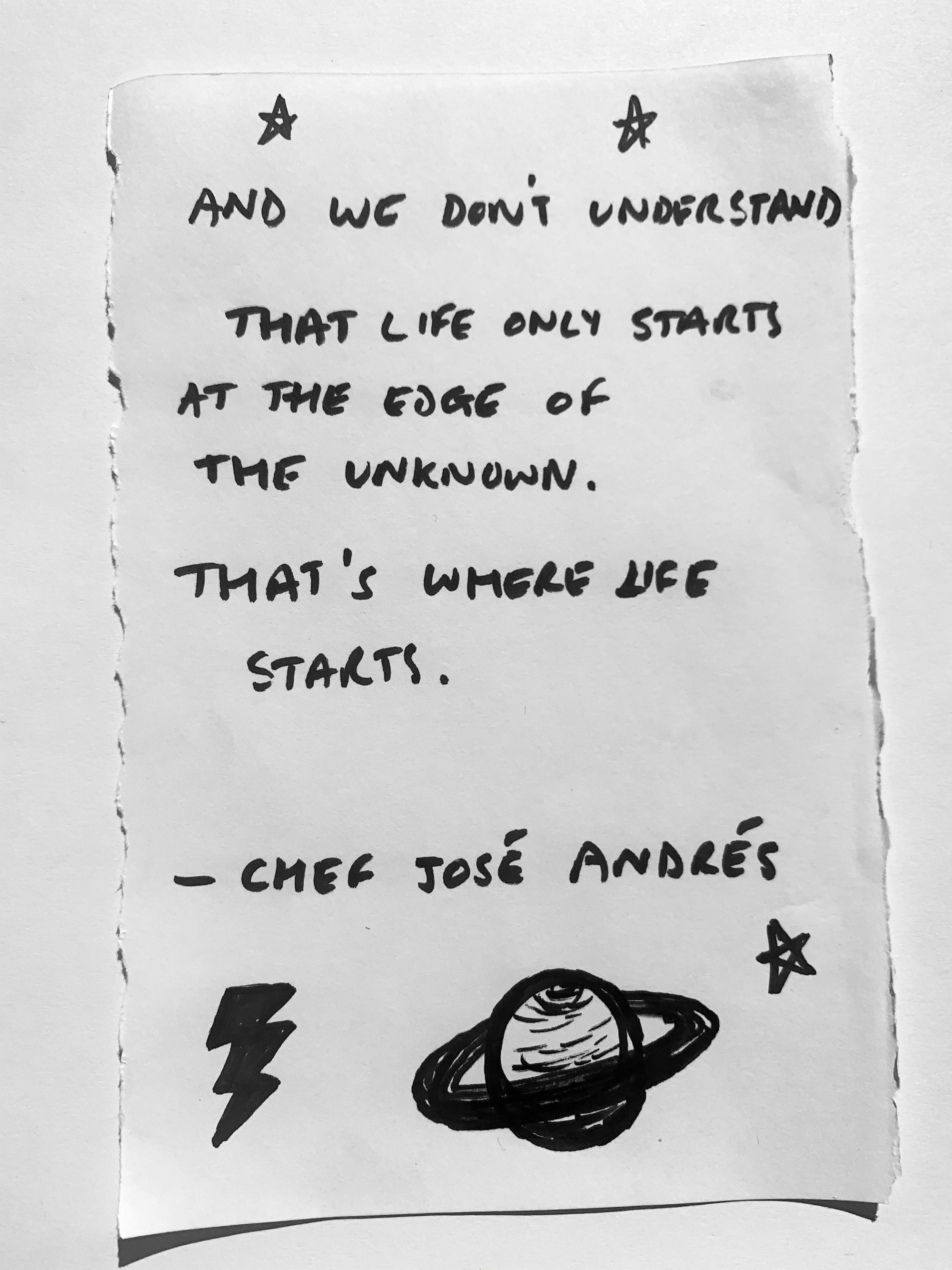Two big things are re-shaping our lives and they are pretty radical.
Demographics. We are living longer and working longer. That is our reality.
Technology. The lines between physical, digital and biological spheres are blurred. Our personal life and work life merge even further.
We are neck deep in a VUCA world that’s guiding our every move.
That’s Volatile. Uncertain. Complex. Ambiguous.
It means that we have outgrown the traditional three stage life of education, work and retirement. Our life stages are being re-shaped in response to living and working longer and differently.
Nothing is linear or singular anymore.
The world has shifted us to a multi-stage life.
One where we flip out of one career into another, take a break to learn new things (I did a dual Masters when I was in my late 40’s), take a break to be a carer, scratch those side-hustle itches. Can you imagine a linear career like my dad had – but in such a fast changing environment and for 50 or 60 years?! Boredom and obsolescence come to mind.
Now is all about a multi-hyphen approach to a multi-stage life.
Three big things coming out of this that we need to know:
- Working into our 70’s is becoming the norm.
- The health and wellbeing of ourselves, our relatives and our friends will become a bigger part of our lives, as will long term care for the “new old”.
- We need to confront ourselves to build new skills and competencies to cope with this new reality.
“The old man spoke up in a bar
Said ‘I never been in prison
A lifetime serving one machine
Is ten times worse than prison'”
Bankrobber, The Clash
From midlife crisis…
It makes pretty grim reading for us mid-lifers, but according to the Survey of Adult Skills (OECD PI-AAC, 2012), individuals aged between 45 and 64 “experience a steady decline in skills, and proficiency (in information processing) of individuals above 55 is generally lower than proficiency of 16 year-olds”.
Arthur C. Brooks was the highly successful president of the American Enterprise Institute (Washington think tank), sought-after speaker and author. His article, “Your Professional Decline Is Coming (Much) Sooner Than You Think”, is his own personal story of how, at 51, he realised that his own professional decline was imminent – and here’s the fascinating point – he started on his own experiment to work out how to turn this sense of foreboding into an opportunity to be successful at other things and in other ways.
This is hitting me – I’m going through exactly this.
We accept that athletes are at the top of their game for, perhaps, maximum 15 years. We don’t expect them to be winning gold medals at the age of 70.
So if our body can’t perform at the top of our game for 50 years, can our brain?
Sadly not.
We cannot – and should not – expect to perform at our peak indefinitely. I know I’m not as mentally competent as I used to be. It’s hard to admit but I know I’m slipping behind.
…to Plan A
So is a sad decline into old age inevitable once we hit mid-life?
No.
But…..it is inevitable that we will need the skills, behaviours and mindset to handle this transition.
To future-proof ourselves.
And this is where the genius of experimenting comes in.
To experiment, we need an experimental mindset. With that, we can literally giving ourselves permission to side-step fear and give stuff a go.
Small stuff. Big stuff. Important stuff. Every aspect of your life where the storm clouds are gathering. Experimenting is basically learning new things and new skills in a playful way.
I’ve uncovered skills and behaviours I didn’t think I had or was too afraid to let out of their own solitary confinements. I’ve had to use others in different ways. I’ve also had to put some others back into solitary confinement.
Creativity, curiosity, imagination, self-regulation, adaptability.
If I can find them, you definitely can.
And I still have a ton more to find and a ton more to improve….
A quick word about goals. We’re always being told we need goals, targets, objectives. Whilst goals are sometimes useful, we often let our own ego and self-interest influence what we want the outcome to be. We then get disheartened if that outcome doesn’t work as planned and then we spend energy picking ourselves up.
Sound familiar?
So, we mustn’t sweat the outcomes. It’s better to think of these situations as experiments and try stuff out without cementing ourselves to an outcome. If it works, great; if it doesn’t, look at the results and use them to try again. In a world of experimenting, failure doesn’t exist, just information that can help us try again.
We don’t have to have the answers all the time. In fact, it’s likely that we won’t.
And that’s ok. Because from discovery comes big change.
Other related blogs that you might like:


